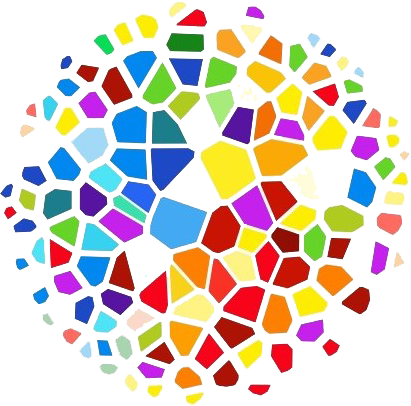What Do You Believe?
How do you distinguish between what you know, and what you believe? What is the difference between a fact and an opinion, anyway?
While knowledge is a compilation of facts, information, and one’s experience, belief is an acceptance of something as true or false. So, technically, one can know something, but not believe in it or not accept it as true, and one can also believe in something that he doesn’t know (i.e. doesn’t have facts, information, and experience to back up the beliefs).
It is easier to live as if we know rather than believe in the way the world around us works. Everything we do is based on our beliefs rather than on facts. For example, we
Get on the airplane, as we believe it will get us from point A and point B safely and quickly, even though we haven’t reviewed a safety report for the specific aircraft that will carry us
Hire a particular candidate, because we believe he will be a great manager in the firm, even though data such as resume cannot conclusively guarantee success
Purchase a house, because we believe it will be a comfortable home for the family, or a sound investment, often without a full understanding of the housing market
Marry, because we believe marriage will bring us joy, stability, or affirmation of love, even though the divorce rate is 50%
Donate to certain charities, because we believe that these organizations “do the right thing”, in the way they promised to do it, even though many accountability reports cannot be trusted.
These are all probabilities rather than guarantees, even if data seems to support our beliefs.
Still, we often tell ourselves that we know something rather than merely believe in it. Why?
From the evolutionary standpoint, it makes sense that people are predisposed to “the feeling of knowing”: “the feeling of knowing” helps us persevere when the going gets tough. It makes us feel like we are on the right track.
Psychologists tell us that we are wired to see data that supports what we already believe, rather than see data objectively (as a matter of fact, objectivity is a questionable of a concept as certainty)
We experience a “feeling of being certain”, which has nothing to do with our command of the facts, and everything to do with experiencing a particular neurophysiological sensation. The “feeling of being certain” is evolution’s way to reward us for curiously exploring the world and make us believe that we are on the right track, so that we keep moving. The feeling of being certain doesn’t have anything to do with actually being on the right track.
We are naturally wired to seek certainty, because uncertainty takes a lot more of our mental energy. It is much less resource-consuming to settle on one possibility than to keep entertaining a variety of outcomes
Our beliefs are significantly influenced by our biology and life experiences, and are much less of a free will than we care to admit. For example, optimism and pessimism are stable pre-determined personality traits that color the lenses through which we look at a set of data, therefore making us believe one outcome or the other.
While we associate having knowledge with knowing (or “getting it”), it’s not always so simple. Knowledge doesn’t always produce “the feeling of knowing” (think of people with OCD, who know that they have turned off the faucet, but they don’t feel like they know it). Belief, on the other hand, sometimes does produce that “feeling of knowing” (think of the placebo effect, where patients are convinced that they are getting the real intervention, even when they are told that their pill is a placebo).
Beliefs are not founded in facts, which is why it is so difficult to change one’s beliefs by supplying additional data. It is entirely possible to have two people develop completely different beliefs after they’ve looked at the same set of data. Data doesn’t tell anyone what to believe, or how to make sense of the received information. We need belief as much as we need knowledge in order to make sense of the world, even if it is sometimes difficult to draw the line where one ends, and the other one begins. Honor your beliefs.
“Certainty is not biologically possible. We must learn (and teach our children) to tolerate the unpleasantness of uncertainty. Science has given us the language and tools of probabilities. We have methods for analyzing and ranking opinions according to their likelihood of correctness. That is enough. We do not need and cannot afford the catastrophes born out of a belief in certainty.” – Robert A. Burton, On Being Certain
By all means, gather the knowledge: do the math, check the facts, get good data, analyze it well, and read up on science. Then, choose what you believe.
Chose to believe whatever makes you feel better, happier, stronger, smarter, and more interesting.
Choose to change the beliefs that make you feel lonely, miserable, or defeated.
Yes, your choices will be narrowed down by your data set, your analytical abilities, by your biology, and life experiences. Still, when you can choose, choose to believe in ideas that bring out the best in you.
UPCOMING WORKSHOP:
Somewhere between hard science and [what seems like] magic, there’s this workshop that I’ll be teaching at the New York Open Center this October!!! Tuesdays, Oct. 27-Nov. 24th, 5:45-7:45 p.m. in Manhattan, through Nov. 24th. Please,register, and share information with your NYC friends!
If you are interested in a 2-hour program, please contact me at Alina@MindTerrainCoaching.com about the program The Myths and Science of Intuition, which I can deliver for your organization.


